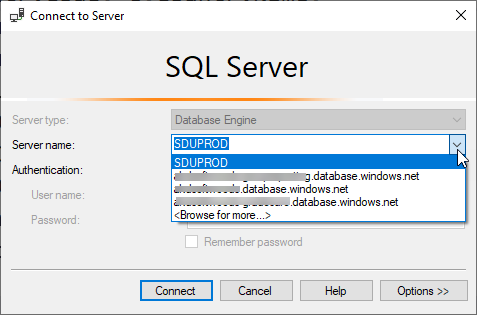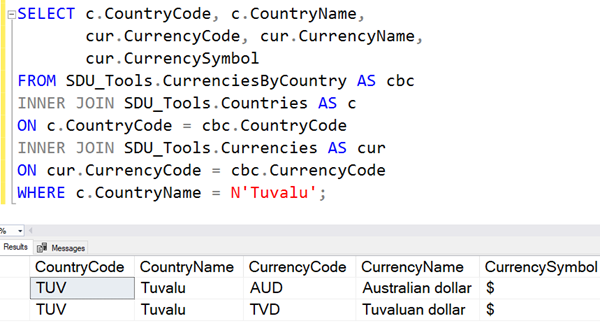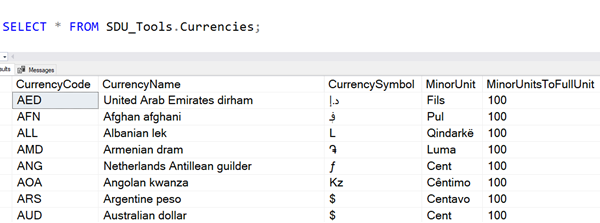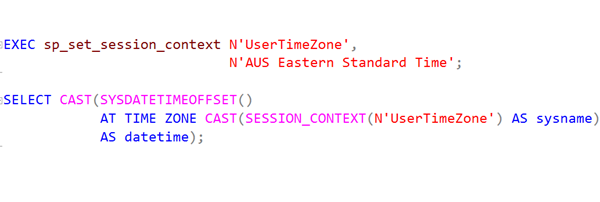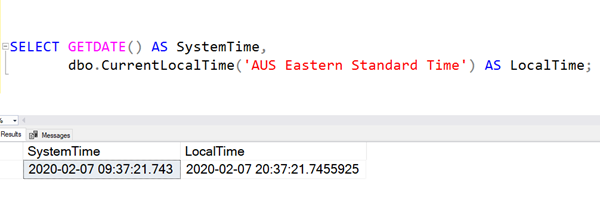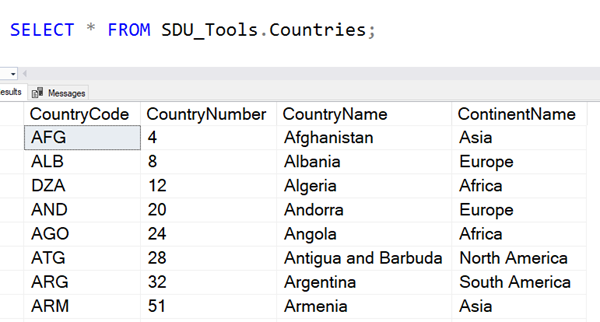
T-SQL 101: 63 Adding offsets to dates and times in SQL Server T-SQL using TODATETIMEOFFSET
The datetimeoffset data type was added in SQL Server 2012 and allowed us to not only store date and time values, but to also store a time zone offset (from -14 hours to +14 hours). When you’re using this data type though, you often have the datetime value and the offset separately, and need to combine them together to make a datetimeoffset value.
The TODATETIMEOFFSET function takes a datetime2 value (higher precision datetime) and a time zone offset, and returns a datetimeoffset data type.
2020-03-30

